Children, Youth and Families

Adoptions and Involuntary Termination of Parental Rights Cases
This data brief includes information on involuntary termination of parental rights cases and adoptions handled through CYF. TPR petitions and completed adoption data from 2014-2021 were examined in two separate […]
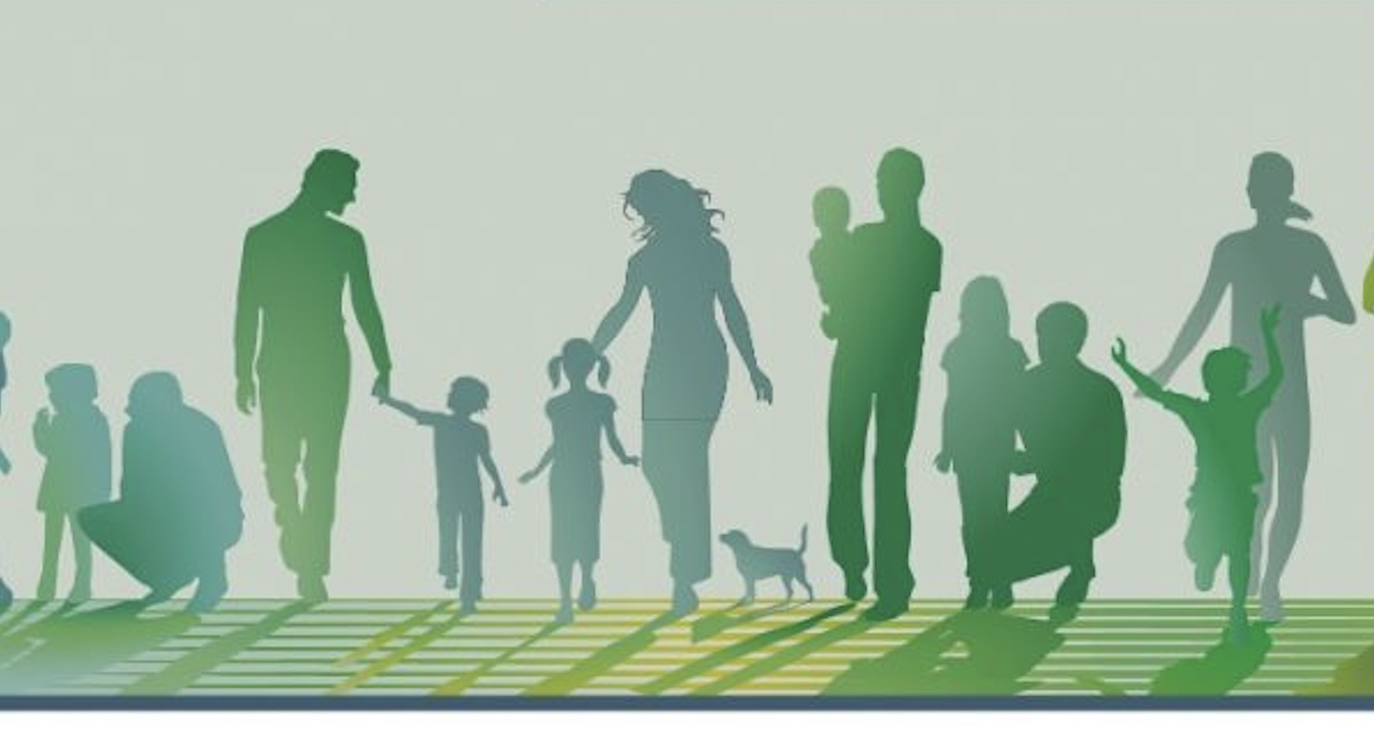
Racial Disproportionality in Allegheny County’s Child Welfare System
A total of 20,190 children were referred to the child welfare system in Allegheny County due to abuse or neglect in 2015. The data in this brief analyzes the number […]

Understanding the Foster Parent Training Experience
Eleven Allegheny County foster care provider agencies formed a training cooperative in order to improve the number and quality of training opportunities for foster parents. After increasing the number and […]
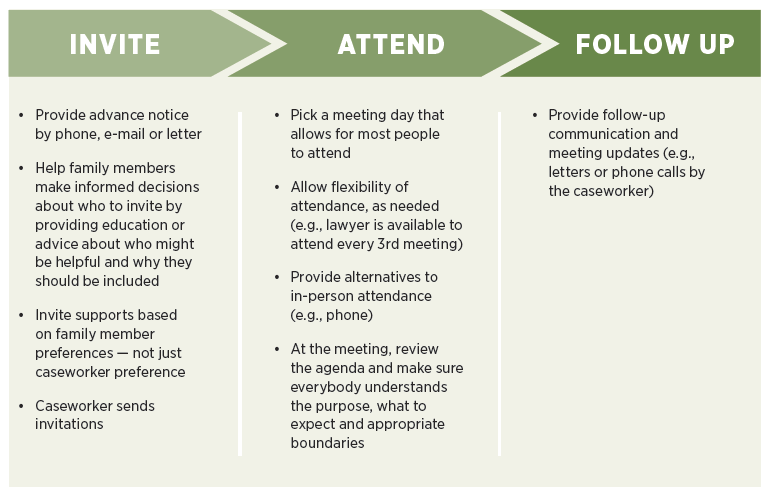
Conferencing and Teaming in Allegheny County: Participant Experience Update
Conferencing and Teaming is the Allegheny County Department of Human Services’ practice model designed to engage child welfare participants, and their natural supports, in a process of family strengthening through […]
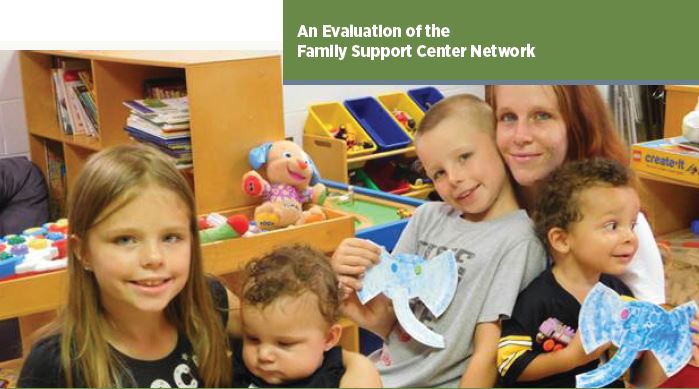
An Evaluation of the Family Support Center Network
An evaluation of 25 Allegheny County Family Support Centers looked at the operation and impact of individual Centers as well as the network as a whole, in five specific areas: […]
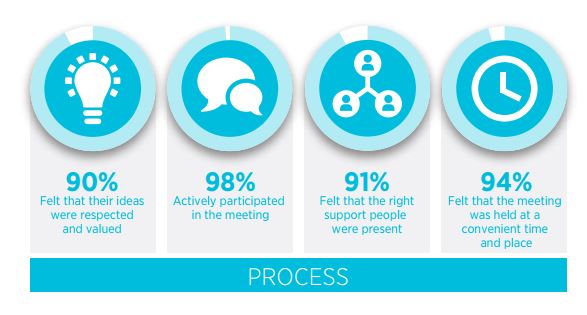
Conferencing and Teaming – Participants’ Perspectives and Satisfaction
More than 200 families were interviewed about their experience with Conferencing and Teaming meetings. Although most responded positively to the meeting process, only about two-thirds reported that the meeting resulted […]
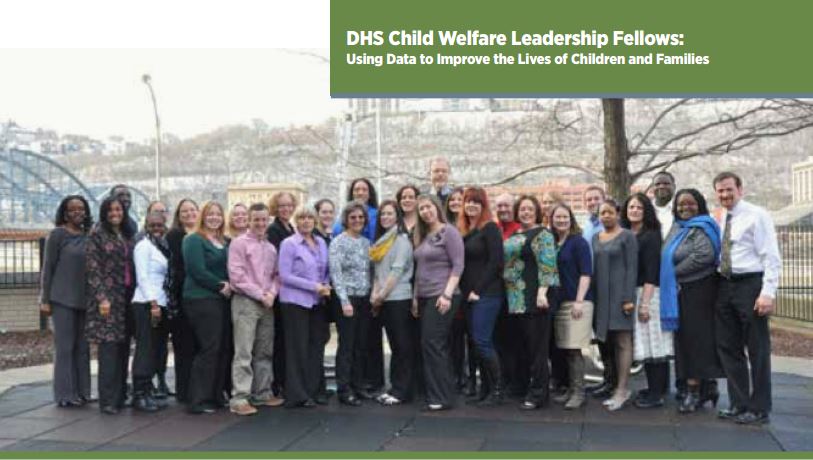
Child Welfare Leadership Fellows: Using Data to Improve the Lives of Children and Families
Twenty-seven child welfare professionals participated in the first year of the Leadership Fellows program, learning how to use data to 1) identify issues that negatively impact children and families in […]

Families For Teens: Foster Care Recruitment and Support in Allegheny County
When removing a child from home is necessary, a stable foster home is the preferred placement option; unfortunately, adolescents and teenagers are much less likely to find such a home […]
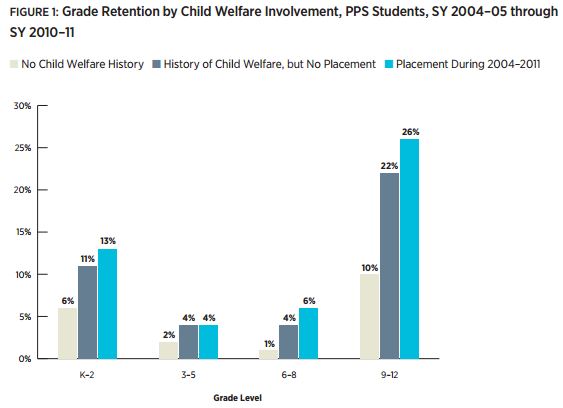
The Impact of Child Welfare System Involvement on School Stability – An Evaluation of Pittsburgh Public School Students
Child welfare out-of-home placements are stressful events, compounded by the fact they may result in a youth changing schools. Research shows mid-year school changes to be disruptive both academically and […]

Improving Education and Well Being Outcomes: August 2015 Update
By the spring of 2015, 16 school districts, Propel Schools and the Allegheny Intermediate Unit had signed legal agreements with the Department of Human Services (DHS), allowing data to be […]
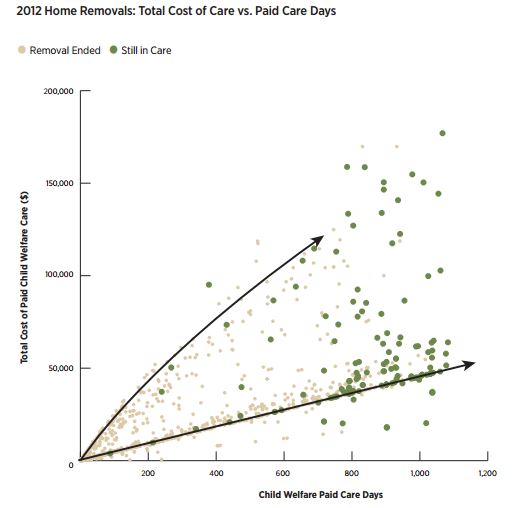
Allegheny County Child Welfare Home Removal Costs, 2012 Cohort
The cost of out-of-home placements vary greatly, depending upon length, type of placement and level of care required. Type of placement was a significant factor in cost variation; group home […]
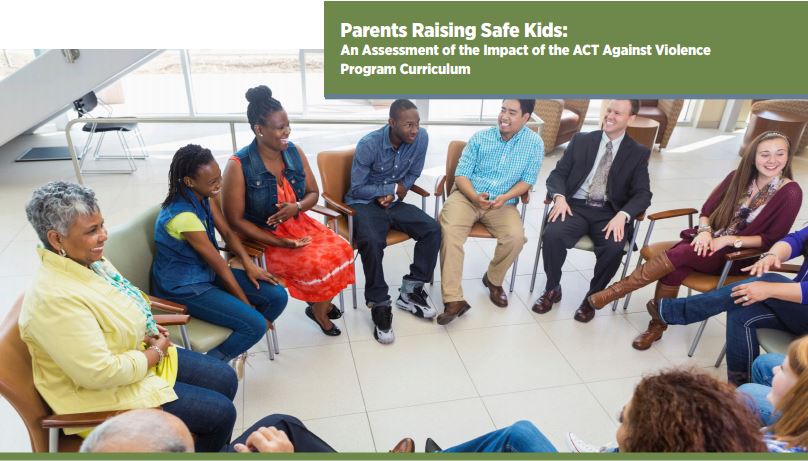
Parents Raising Safe Kids: An Assessment of the Impact of the ACT Against Violence Program Curriculum
The Parents Raising Safe Kids curriculum was developed by the American Psychological Association and implemented nationally in an effort to teach positive parenting skills to parents and caregivers. Offered locally […]

Introducing Performance-Based Contracting: A Comparison of Implementation Models
Linking provider payments to performance measures is gaining popularity as a way to improve outcomes, efficiency and innovations. Three performance-based contracting models have been implemented in Allegheny County, targeting: 1) […]
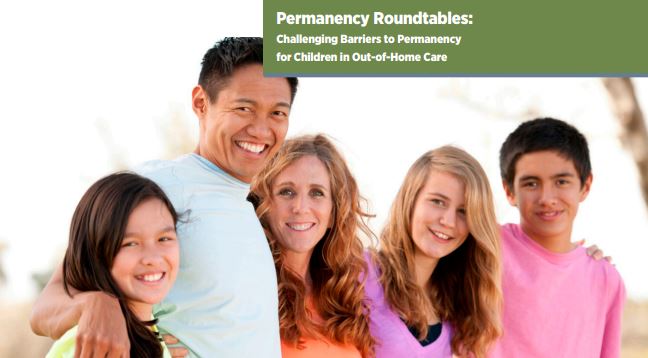
Permanency Roundtables: Challenging Barriers to Permanency for Children in Out-of-Home Care
Permanency Roundtables are an important component of Allegheny County’s strategy to improve permanency outcomes for children in child welfare out-of-home placements. Roundtables engage practitioners, caseworkers, providers and permanency experts in […]
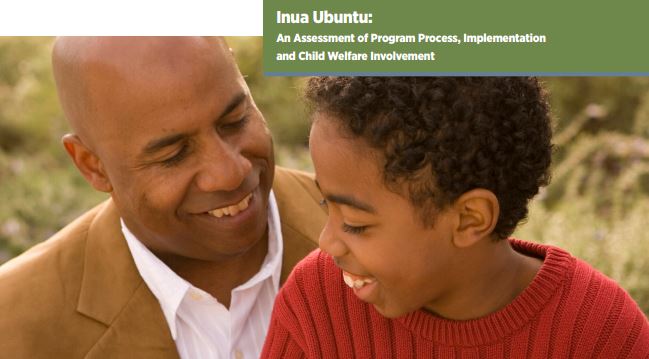
Inua Ubuntu: An Assessment of Implementation, Program Process and Child Welfare Involvement
Inua Ubuntu, designed to provide culturally-based intervention with a goal of reducing the rate of out-of-home placement for African American males, was implemented by the Allegheny County Department of Human […]
